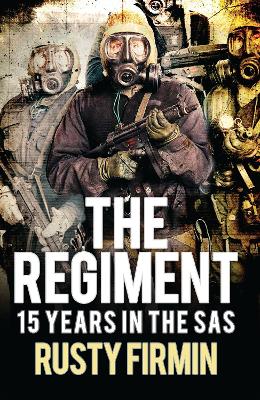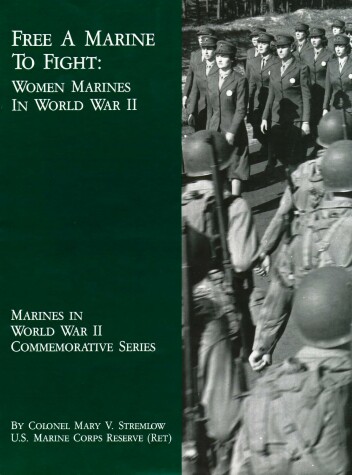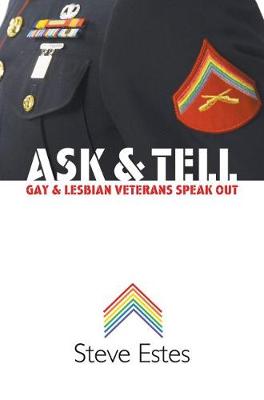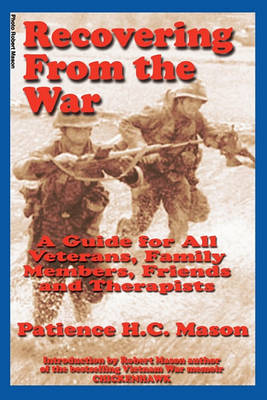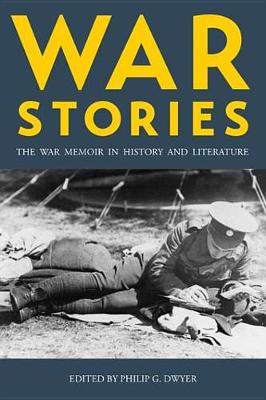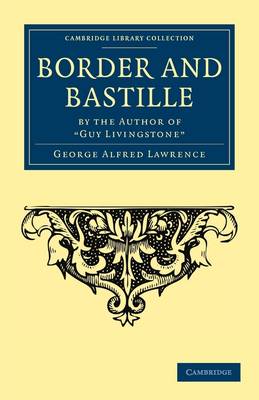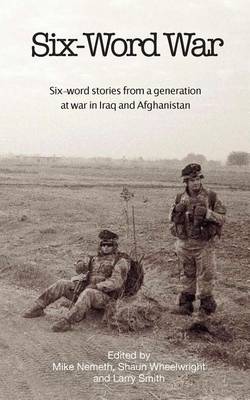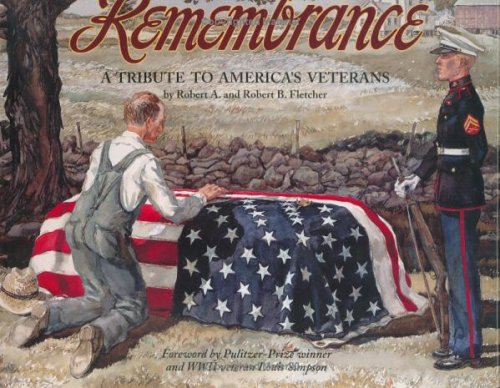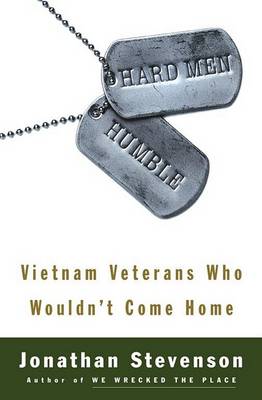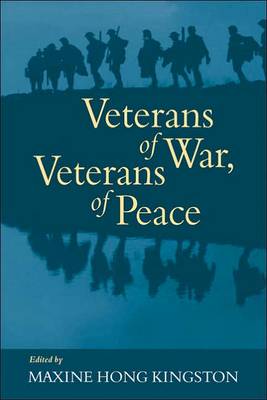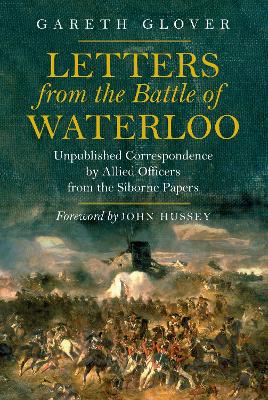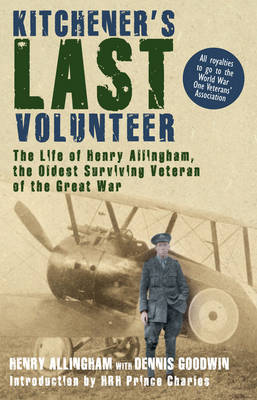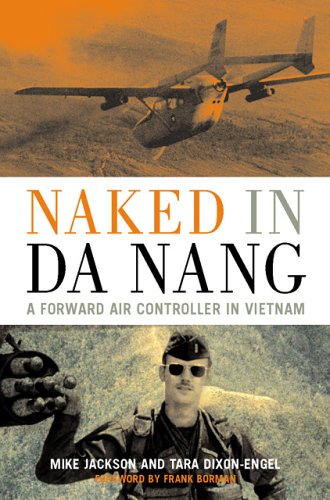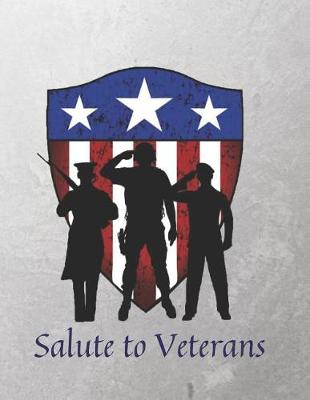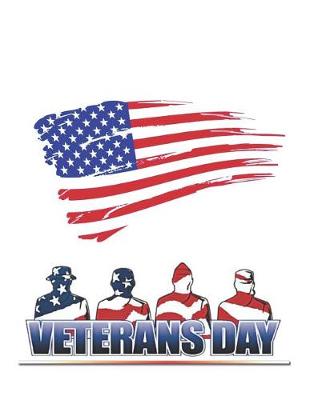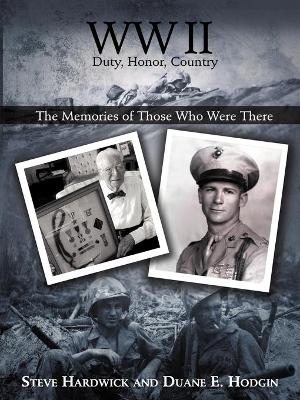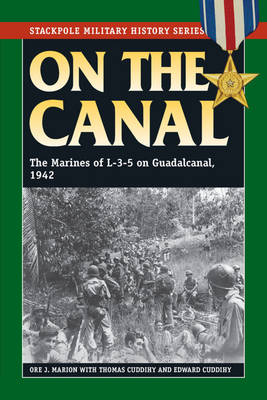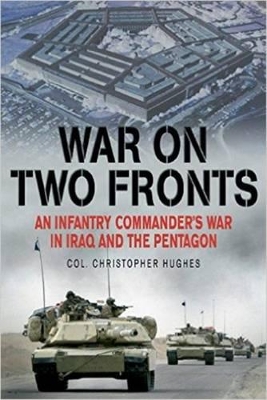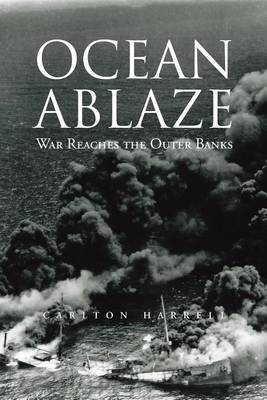ever recorded This World War II adventure story offers a thrilling first-person account of the escape of Allied soldiers from behind enemy lines following the disastrous Battle of Arnhem in September 1944. Of 10,000 Allied troops, there were 8,000 casualties. However, some 250 men were hidden by the Dutch resistance: singly and in groups, theirs were some of the most remarkable escapes of the war. The author, a Canadian paratrooper taken prisoner during the battle, jumped from a moving train o...
From its early beginnings in World War II, the Special Air Service (SAS) has won renown in some of the most dramatic, dangerous and controversial special operations of the 20th century. It is a secretive and mysterious unit, whose operations and internal structures are hidden from the public eye. Now, one of its longest-serving veterans offers a glimpse inside its shadowy world. Rusty Firmin spent 15 years with 'The Regiment' and was a key figure in the Iranian Embassy Siege in May 1980, the pla...
Free a Marine to Fight: Women Marines in World War II (Marines in World War II Commemorative)
by Mary V Stremlow
This is from the beaches of Normandy to the streets of Baghdad. The official silence mandated by the 1993 'Don't Ask, Don't Tell' policy continued a collective amnesia about the patriotic service and courageous sacrifices of homosexual troops. ""Ask and Tell"" recovers these lost voices, offering a rich chronicle of the history of gay and lesbian service in the U.S. military from World War II to the Iraq War.Drawing on more than 50 interviews with gay and lesbian veterans, Steve Estes charts the...
Although war memoirs constitute a rich, varied literary form, they are often dismissed by historians as unreliable. This collection of essays is one of the first to explore the modern war memoir, revealing the genre’s surprising capacity for breadth and sophistication while remaining sensitive to the challenges it poses for scholars. Covering conflicts from the Napoleonic era to today, the studies gathered here consider how memoirs have been used to transmit particular views of war even as the...
Border and Bastille (Cambridge Library Collection - North American History)
by George Alfred Lawrence
Published in 1863, English novelist George Alfred Lawrence's first foray into travel-writing recounts a failed attempt to join the Confederate Army of Virginia. Lawrence (1827–76), who abandoned a law career when his first novel (1853) sold, became known for books that celebrated the brash, violent, aristocratic hero. Lawrence had joined the militia in England, and one critic has suggested that Lawrence's American expedition was his attempt to live as his most famous character, Guy Livingstone,...
It is finally time to come to terms with a generation of underappreciated, now middle-aged men: America's Vietnam veterans. In many ways they were no different from the men who left for Europe in 1917, or for Asia and Europe in 1942. They were young, freshly trained, scared yet determined soldiers. In "Hard Men Humble," Jonathan Stevenson introduces us to a fascinating community of expatriate Vietnam veterans -- the men who wouldn't or couldn't leave Southeast Asia, and could not leave behind th...
Chickamauga, Andersonville, Fort Sumter and Guard Duty at Home
by Robert P Broadwater
The best way to bring an event from the past into vivid life is to see it through the eyes of someone who lived it. In this book the reader sees the Civil War through the eyes of four Union soldiers who, although they were all from south central Pennsylvania, experienced the war in radically different ways. The journals of the four - Lt. William Glison of the 6th Ohio Infantry, Sergeant Will Duncan of the 2nd Pennsylvania Militia Battalion, John M. Kelly of the 39th Illinois Volunteer Infantry a...
Waterloo is probably the most famous battle in military history. Thousands of books have been written on the subject but mysteries remain and controversy abounds. By presenting more than 200 previously unpublished accounts by Allied officers who fought at the battle, this collection goes right back to the primary source material. In the letters the Allied officers recount where they were and what they saw. Gareth Glover has provided historical background information but lets the officers speak...
Morale asks how is it that modern Britons have come to regard morale as a category of conduct, vital for the success of collective effort in war and peace, and a mark of good, modern, and human managerial practice, appropriate for a democratic age? This book tells the intellectual, cultural, and institutional history of morale in modern imperial Britain: its emergence as a new concept during the long nineteenth century, its changing meanings and significations, and the social and political goals...
Vietnam War U.S. Army Helicopter Names (Vietnam War U.S. Army Helicopter Names, #2)
by John Brennan
Henry Allingham is the last British serviceman alive to have volunteered for active duty in the First World War and is one of very few people who can directly recall the horror of that conflict. In Kitchener's Last Volunteer, he vividly recaptures how life was lived in the Edwardian era and how it was altered irrevocably by the slaughter of millions of young men in the Great War, and by the subsequent coming of the modern age. Henry is unique in that he saw action on land, sea and in the air wit...
Eight months to the day after Pearl Harbor, U.S. Marines landed on the Pacific island of Guadalcanal. Their mission: to seize the airfield the enemy was building and stem the southward tide of the imperial Japanese Army. Initially unopposed and ultimately triumphant, for four months these young soldiers engaged in ferocious combat and endured debilitating heat, hunger, and disease. Sometimes with humor, always with brutal honesty, U.S. Marine Ore Marion takes readers into the jungle hell that...
Winner of The Army Historical Foundation’s Distinguished Writing Award for Excellence in U.S. Army History Writing – Journals, memoirs and letters, June 2008 Shortly after the launch of Operation Iraqi Freedom, the war in Iraq became the most confusing in U.S. history, the high command not knowing who to fight, who was attacking Coalition troops, and who among the different Iraqi groups were fighting each other. Yet there were a few astute officers like Lt. Col. Christopher Hughes, commanding...

